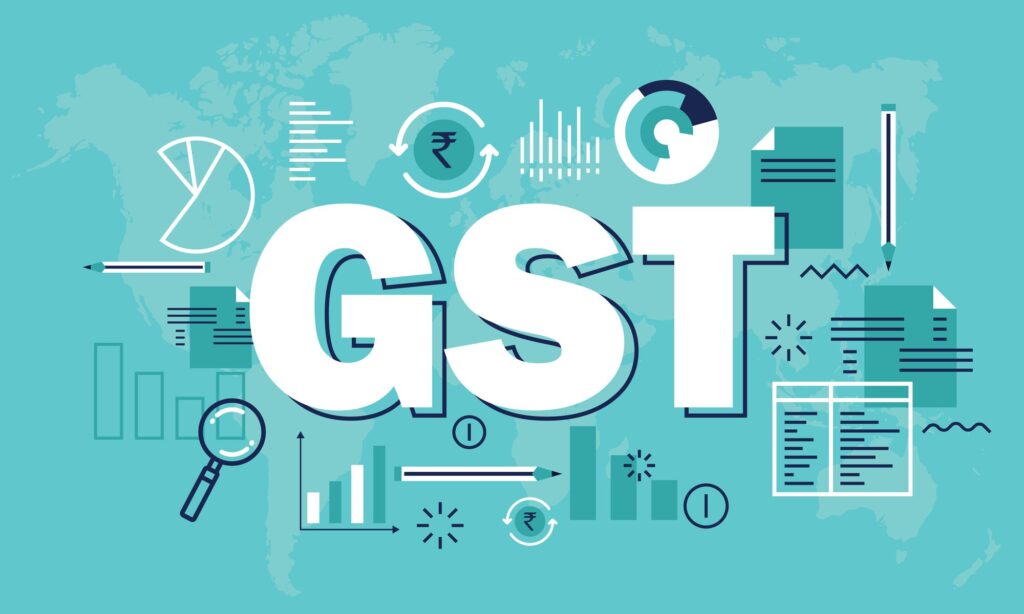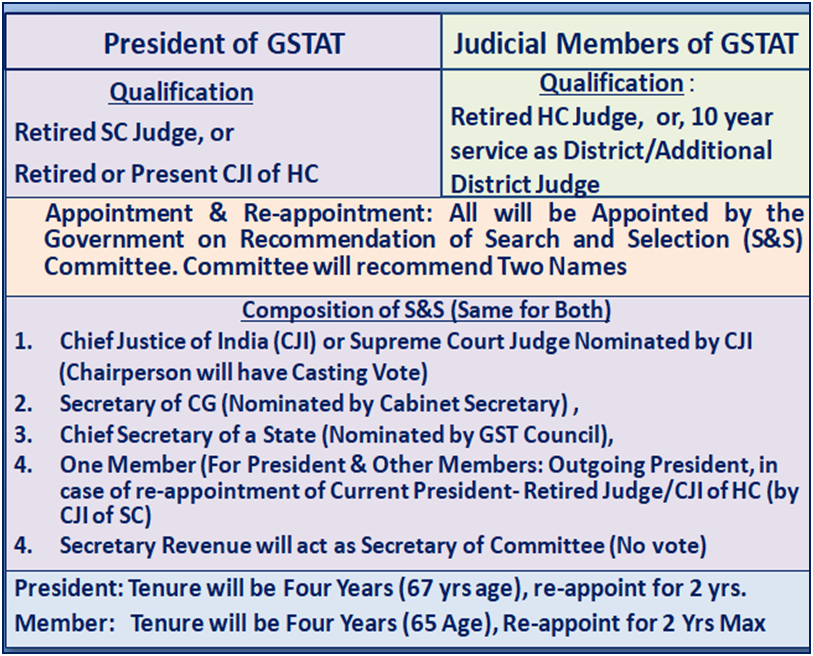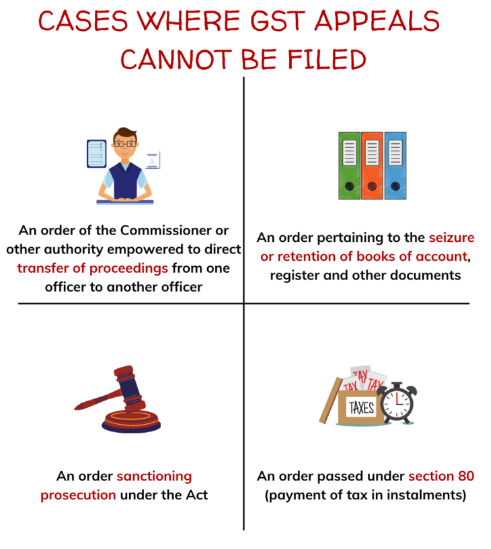
Government Appoints 33 Experts to GST Appellate Tribunal: The Indian government has recently made a significant move to enhance the country’s Goods and Services Tax (GST) dispute resolution system by appointing 33 experts to the GST Appellate Tribunal (GSTAT). This decision marks a monumental step toward improving the efficiency of tax appeals in the country, addressing the growing backlog, and ensuring quicker resolutions for taxpayers. In this article, we will dive deep into what these appointments mean for GST appeals and how it impacts businesses and individuals alike.
Government Appoints 33 Experts to GST Appellate Tribunal
The appointment of 33 experts to the GST Appellate Tribunal is a significant step toward improving the efficiency and fairness of India’s tax system. It offers hope for faster resolution of GST disputes, provides specialized expertise, and helps businesses avoid long delays in their tax matters. With experienced professionals leading the way, GSTAT promises to be a game-changer in resolving disputes related to the complex GST framework. In the coming months, as states finalize their appointments, we can expect faster hearings, quicker decisions, and a more streamlined tax dispute resolution system in India.
| Key Information | Details |
|---|---|
| Appointments | 33 Technical Members appointed to GST Appellate Tribunal (GSTAT). |
| Primary Role | GSTAT resolves appeals related to GST disputes, reducing pressure on High Courts. |
| Appointment Type | Technical Members include retired IAS and IRS officers with substantial experience in indirect taxation. |
| Tenure | Four years or until the member turns 67, whichever is earlier. |
| Salary | ₹2.25 lakh per month. |
| State Appointments | States are still in the process of nominating their representatives for GSTAT. |
| Expected Impact | Faster resolution of GST disputes, more efficient tax system. |
| Official Source | Ministry of Finance |
What is the GST Appellate Tribunal?
Before we dig deeper into the implications of the recent appointments, let’s first understand what the GST Appellate Tribunal (GSTAT) is.
Established under Section 109 of the Central Goods and Services Tax (CGST) Act, 2017, the GST Appellate Tribunal is designed to act as the second appellate authority for taxpayers disputing decisions made by the GST authorities. In simpler terms, it provides a forum for individuals and businesses to challenge GST-related decisions if they’re not satisfied with the outcomes from the lower authorities. Essentially, it serves as a specialized judicial body aimed at resolving GST disputes faster and more efficiently than the typical court system.
Why is GSTAT Important?
The creation of GSTAT is essential because it provides taxpayers with an efficient and specialized platform to settle GST disputes. For many businesses, delays in dispute resolution can lead to substantial financial losses. GSTAT will reduce the burden on high courts and streamline the appeals process, ensuring timely resolutions and reducing litigation costs for businesses.

Why Government Appoints 33 Experts to GST Appellate Tribunal Matter?
The 33 expert appointments to the GST Appellate Tribunal by the Indian government are a key milestone in the operationalization of this tribunal. It has been a long wait for taxpayers, with many disputes pending for years. Here’s why these appointments matter:
1. Reducing Backlog in the Tax System
India’s tax system has been struggling with an ever-growing backlog of cases related to GST disputes. Many taxpayers have had to wait years for resolutions, which severely impacts business operations. The creation of GSTAT and its staffing with 33 experts is a critical step in ensuring that such disputes are resolved in a timely manner. With experienced retired IRS and IAS officers at the helm, GSTAT is expected to reduce this backlog and provide quicker resolutions for businesses and individuals.
2. Boosting Confidence in the Tax System
These appointments instill a sense of confidence in the GST system. By appointing highly qualified professionals to manage the appeals process, the government is signaling that the country is committed to creating a tax system that is transparent, efficient, and fair. This is particularly important for business owners, who rely on clear and predictable tax rules for making decisions related to investments, operations, and growth.
3. Specialized Expertise
The appointees bring with them years of specialized knowledge in indirect taxes, including customs, excise duties, and GST. Their expertise will be invaluable in assessing complex GST disputes and ensuring that cases are resolved with a high degree of professionalism. These are individuals who understand the ins and outs of the system, from both a policy and a practical perspective. For example, many of the appointed members are retired IRS officers from the Customs and Indirect Taxes (C&IT) cadre, making them especially well-suited to deal with intricate tax matters.
4. Faster and Fairer Decisions for Taxpayers
The judicial and technical members of GSTAT will have the authority to make decisions on GST disputes that will be legally binding. The goal is to make the appeals process quicker, more efficient, and, most importantly, more accessible to taxpayers. This is a relief to many small and medium-sized businesses that often struggle with the complexity of the GST system and lack the resources to pursue lengthy legal battles.

How Will This Affect GST Appeals?
Step-by-Step Process for GST Appeals
If you are a taxpayer and wish to appeal a GST-related decision, here is the step-by-step process you can expect after the formation of GSTAT:
1. Pre-Appeal Process
- File an appeal with the first authority: If you’re dissatisfied with a GST decision, you first need to file an appeal with the Appellate Authority.
- Decision from the Appellate Authority: If the appeal is rejected or not satisfactory, you can then approach the GSTAT.
2. Filing an Appeal with GSTAT
- Prepare Documentation: Gather all relevant documents and evidence supporting your case, including GST invoices, communication with tax authorities, etc.
- File your appeal: Once your documents are ready, file your appeal with the GSTAT. The 33 technical members will review your case and make a decision.
3. GSTAT Hearing
- Legal and technical review: The members will thoroughly review your case. Based on their expertise, they will either approve or reject the appeal.
- Judgment and Decision: Once the review is complete, the Tribunal will issue a binding decision.
4. Post-Hearing Process
- If the decision is in your favor, the authorities will be directed to make necessary changes.
- If you disagree with the GSTAT ruling, you can challenge the decision in the High Court.
The Future of GSTAT: What’s Next?
While the central government has made strides by appointing the first batch of 33 experts, the full functionality of GSTAT depends on the state governments making their own appointments. As of now, several states have begun submitting their nominees for GSTAT, and it’s expected that these appointments will be finalized soon.
Once all the technical members are in place across the country, GSTAT will become fully operational. This means faster hearings, quicker decisions, and a more streamlined tax dispute resolution system in India.
What Happens Next?
Now that the central government has appointed the first batch of GSTAT members, it’s up to the states to get their representatives on board. The Parliamentary Standing Committee on Finance has stressed the importance of expediting the process. With this, state-level appointments will allow the system to function at full capacity.
In the next few months, we expect to see rapid progress in resolving cases that have been pending for far too long, improving the overall taxpayer experience in India.

Challenges Faced by GSTAT and How It Can Overcome Them
Despite the major steps forward, the journey isn’t entirely smooth. There are a few challenges that GSTAT might face in its full operationalization:
1. Coordination Between States and Center
One of the most significant hurdles is the coordination between the central government and state governments. While the central appointments have been made, some states are still in the process of nominating their representatives.
To overcome this, effective communication and collaboration between the Ministry of Finance and state authorities will be crucial. By ensuring that all states appoint their members on time, GSTAT can start working in full swing, reducing delays for taxpayers.
2. Inadequate Infrastructure and Resources
Setting up infrastructure to handle a large number of appeals is another hurdle. The government needs to ensure that the facilities, digital systems, and human resources are capable of managing the expected increase in caseload.
3. Ensuring Transparency
As with any judicial body, ensuring transparency in the decision-making process will be paramount. GSTAT must implement a system where the decisions are clearly communicated and the rationale behind each judgment is accessible to the public.
Telangana High Court Delivers Major Relief for NRSC in GST Dispute
GST Amnesty Scheme Alert — Must-Read Advisory for All Registered Taxpayers
Fraud Worth Crores? Group Booked for Creating Fake GST Invoices to Con Govt










